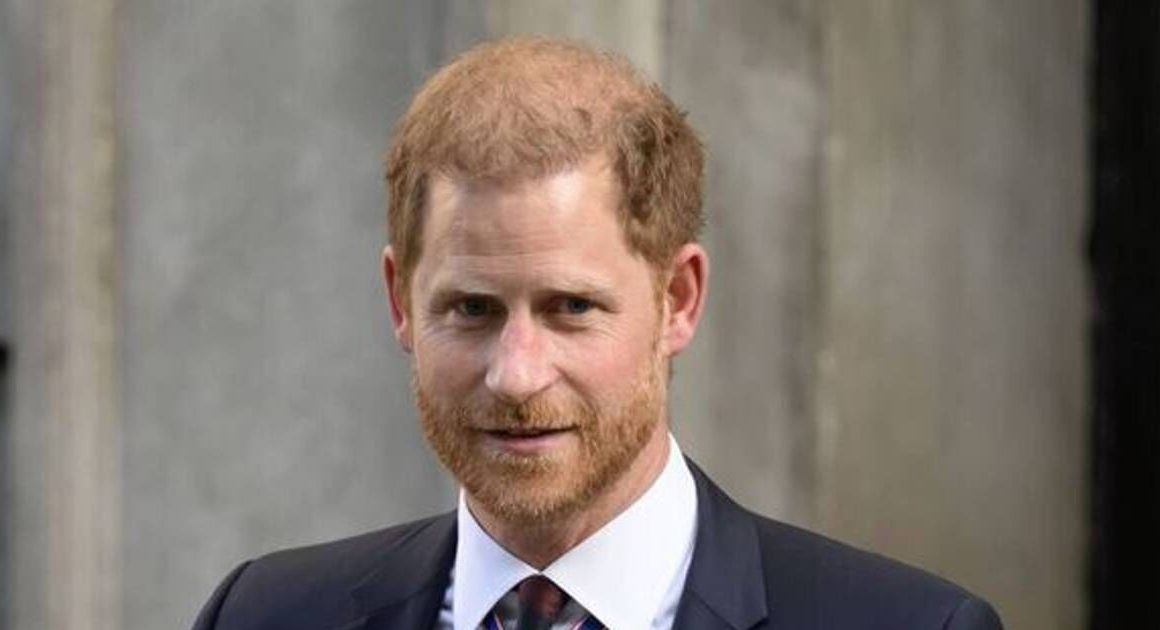Israeli Prime Minister Benjamin Netanyahu dissolved the influential war cabinet tasked with steering the war in Gaza, Israeli officials said Monday, a move that comes days after a key member of the body bolted the government over frustrations surrounding the Israeli leader’s handling of the war.
The move was widely expected following Benny Gantz’s departure earlier this month, which he said came after mounting frustrations over Netanyahu’s handling of the war. Gantz’s absence makes Netanyahu more dependent on his ultranationalist allies to govern, and the dissolution of the war cabinet underlines that shift is underway as Israel continues its eight-month-long war in Gaza.
The officials, who spoke on condition of anonymity because they were not authorized to discuss the change with the media, said that going forward Netanyahu would hold smaller forums with some of his government members for sensitive issues surrounding the war. That includes his security cabinet, where far-right governing partners who oppose ceasefire deals and have voiced support for reoccupying Gaza, are members.
WATCH l Reasons to be skeptical of success for U.S.-backed plan: Richard Haass:
Former top U.S. State Department official Richard Haass shares the advice he gave Prime Minister Benjamin Netanyahu during their recent in-person meeting in Israel and why he is skeptical a ceasefire deal will become a reality. He also weighs in on the war in Ukraine — and why he thinks Russian President Vladimir Putin’s peace plan is actually an opening position to go off of.
The war cabinet was formed in the early days of the war, when Gantz, a centrist opposition party leader, joined the coalition in a show of unity following the Oct. 7 Hamas attack on southern Israel. He had demanded that a small decision-making body steer the war, in a bid to sideline far-right members of Netanyahu’s government.
The cabinet consisted of Netanyahu, Gantz, Defence Minister Yoav Gallant and Strategic Affairs Minister Ron Dermer. Gantz’s partner, Gadi Eisenkot — a former chief of staff of the Israeli Defence Forces whose son was killed in fighting in Gaza in December — and Aryeh Deri, head of the religious party Shas, served as observers.
Large protests on the weekend
Gantz’s departure, while not posing a direct threat to Netanyahu’s rule, rocked Israeli politics at a sensitive time. The popular former military chief was seen as a statesman who boosted Israel’s credibility with its international partners at a time when Israel finds itself at its most isolated.
Netanyahu’s government is Israel’s most religious and right-wing ever. In Israel’s fractious parliamentary system, Netanyahu relies on a group of small parties to help keep his government afloat.
The move to scrap the war cabinet comes as Israel faces more pivotal decisions. Israel and Hamas are weighing the latest proposal for a ceasefire in exchange for the release of hostages taken by Hamas during its attack.

Israeli troops are still bogged down in the Gaza Strip, fighting in the southern city of Rafah and against pockets of Hamas resurgence elsewhere. And violence continues unabated between Israel and the Lebanese Hezbollah militant group — with an envoy from U.S. President Joe Biden’s administration in the region in a bid to avert a wider war on a second front.
Netanyahu has played a balancing act throughout the war between pressures from Israel’s top ally, the U.S., and the growing global opposition to the war and from his government partners, chief among them Finance Minister Bezalel Smotrich and National Security Minister Itamar Ben-Gvir. Both have threatened to topple the government should Israel move ahead on a ceasefire deal.
The latest proposal being considered is part of the Biden administration’s most concentrated push to help wind down the war. For now, progress on a deal appears to remain elusive.
Tens of thousands of Israelis gathered in Tel Aviv on Saturday in the latest of the now weekly protests by families and supporters of hostages still held by Hamas, demanding an agreement to bring them home. Many of those demonstrating have called for new elections.
LISTEN l Reporter Amir Tibon from Haaretz on ongoing anti-Netanyahu protests in Israel:
Front Burner26:01What’s behind massive anti-Netanyahu protests in Israel?
The militants led by Hamas, the Islamist group ruling Gaza, killed around 1,200 Israelis and took more than 250 people hostage on Oct .7, according to Israeli government tallies. It is believed about 120 people are unaccounted for, with dozens either repatriated during a fighting pause in late November, or rescued by the Israeli military. Several others have been confirmed dead.
More than 37,347 Palestinians have been killed and 85,372 have been injured in the Israeli military offensive on Gaza since Oct. 7, the Gaza health ministry said in a statement on Monday.










